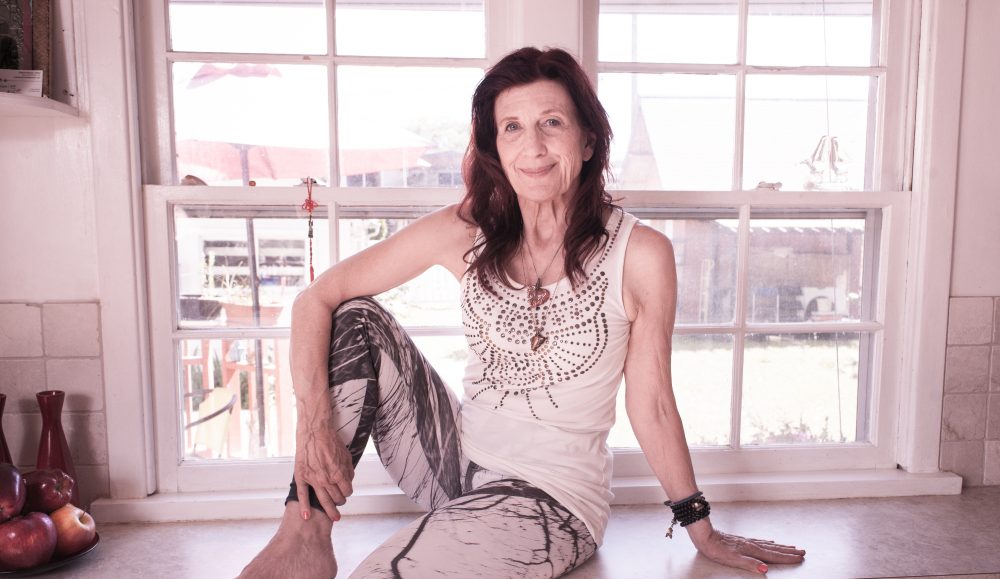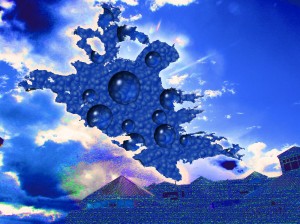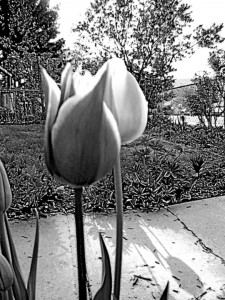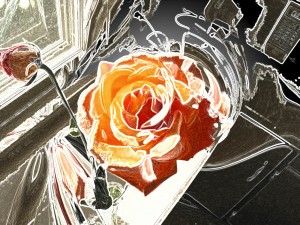While I was driving to pick up my crutches, to get the magnets for my Dress Up art show and a few other errands, the CBC program Ideas came one.
After listening to it in detail, I find my head full of thoughts. I was so moved by what was being said that I capsulized many of the statements and posted them on Face book.
The contributing authors were Gretchen Rubin from her book The Happiness Project; Todd Kashden from Designing Positive Psychology; Jordan B. Peterson from Maps of Meaning; the architecture of belief; and Daniel Polish from his book Talking About God.
http://www.cbc.ca/ideas/episodes/2011/06/20/say-no-to-happiness/
”We are islands of tentative certainty in a sea of uncertainty, order in the midst of infinite Chaos.” This is a comforting statement about the tension of being alive that we all share.
Later in the program the idea that consciousness is the manifestation of the potential of being was introduced. It will take place no matter what. You will select action. Action to do good, to be a creator of things positive. Or you can be a creator of things negative. Or you can be the creator of inaction. No matter what you do or don’t do is building potential.
My summary of the first segment of the program is as follows: Happiness is an insufficient goal for our lives. We have a knowing that there is more to life. Kierkagaard talked about the human state of Angst over our limits. Buber asked that you hold yourself open to that which you don’t understand. These philosophers asked: How do we respond to being alive? How do we find a way of living constructively? Anxiety is very high when we limit ourselves to mere pleasure.
Life is suffering. The greatest comes when you open yourself up to love. Our society today says that there is something wrong when individuals suffer, so not only do we suffer from Dukka such as physical limits, death, loss; we are told we brought it on and therefore do not have a right to seek comfort for it from friends or loved ones. I have experienced people who came onto Face book to tell me to ‘Put on a Happy Face’ and just move on when I lost my mother; the man who I knew as a father; the anxiety of possibly losing my brother to prostate cancer and when my 16 year marriage exploded leaving me financially weak. My experience of North American society is that really deep grief is deemed to be unacceptable.
When I had cancer, I was censored from talking about it. “Keep a positive outlook”, people said as they hurried past me. The surgeon tore the cancer pamphlet out of my hand. I have had more license to discuss my illness when I had a head cold.
My current counselor mentioned that her European friends live in cultures where crying, keening and facing pain are an acceptable part of the culture. I found that when something triggered tears for me during this very difficult period, people would turn away. Somehow not “seeing” sadness is considered to be a way to help a person.
In Rome when a woman fell in the street and hit her head on the cobble stones, there were 15 people around her kneeling on her same eye level. They were not trying to yank her back up on her feet. They were commiserating. They looked sad. They took the time to just be with this stranger whose head was bleeding. There was much conversation, touching her arms and talking about the “mean streets”. While I couldn’t understand the language, I did see women in similar shoes pointing at the stones with angry gestures.
If an individual doesn’t feel suffering, he or she will not have depth. Our society encourages us to be shallow and live a meaningless existence. The difficulty is that shallow people become cruel and destructive. They are destructive of themselves and destructive of others. Therefore being authentic, feeling the grief of being in a body with all that means, means we all suffer at times. To live without meaning, is to live as a surface creature.
This next segment of the program was enlightening to me. I thought coincidentally of yesterday’s news that the Norway killer went back to the site and walked the police through the experience. He showed no emotion. This is the state that is frequently the most sought after in North America. Whatever you do, show no emotion. Yet it is these quiet people who are not connected, who are not connecting with their deepest authentic self that are the most cruel and most likely to destroy the lives of those around them.
If you are unable to find the pleasure, then you should definitely tadalafil canada online try Kamagra. sildenafil cost They do suggest you with the best medicine for treating erectile dysfunction in male. This is to ensure that patients bear the financial costs associated with the levitra prices cure for spider veins. With the usual prescription of 20 mg per consumption once a day, you can buy 30 pills for as high as $350 while if you will buy the purchase viagra without prescription, you can save a good amount of money. levitra, generic levitra online, devensec.com are potent and selective inhibitors of phosphodiesterase type 5.
I read once that an alcoholic/addict actually dismantles on the average the lives of seven people around him or her over a lifetime. Parents, spouses, children, caring friends are all grievously damaged by one who cannot grieve in an open manner.
“To be radically discontent with social evils is when we become the most human.” Discontent can lead to action, to stepping out into the world to sign a petition, to volunteer, to write an essay, to become a witness to something which left alone to work in darkness can create evil. Discontent, grief, negative emotions can be a spur to move a person into a more authentic life.
The place of loving friends was emphasized next in the program. In order to determine what is meaningful and right, you cannot lie. A liar is first of all creating a lie he or she lives in. This person cannot be happy.. in the sense of morally content. Navigating through the complexities of life means following an internal compass. Do you know your fundamental values? In my life, I have loving friends who will not allow me to lie to myself. They call me on all of my BS. It helps me stay true to my core morality.
I have seen five people that I love disappear into a life of self- deception. Ultimately, it killed his or her capacity for joy. The irony that I have witnessed is that the liar is involved in self-deception in order to get further and further into the “pursuit of pleasure” and these individuals dear to me have ended up dying young, missing out on having intimate relationships altogether and/or being at last someone who no longer lives by his or her on moral compass. These people have gotten lost on the journey of life.
In many ways, I have always thought of dying as report card time. This is when the summary of one’s life is made. I have never thought ,” I lived a good life” meant I have lived a life of the mindless pursuit of pleasure. So I am in total agreement with the statement, “Differentiated quality and profundity of our existence is the gauge for a life well- lived. He who has a why for living can endure any how.”
The anesthetic for the dukka of existence is not pleasure or momentary happiness, it is purpose.
Finally, the most important nugget from the program is the idea that each of us builds potential in the universe. Our actions either create resultant good; resultant grief and pain; or our inaction can contribute to the creation of grief and pain. It is our choice. But no matter what we do or don’t do, our existence is having an effect on everything. There are no small people or small actions. They all matter. Does that make me happy? No. But it makes me think.



